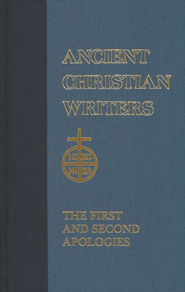It took most of my freshman year to understand Plato’s ideas of Being and Becoming. It was a shock to me when Pseudo Dionysius took it a step further. As soon as I started reading him I messaged an upper class man to try to understand what was going on. She helped me complete my understanding of Plato and helped me see further up into Dionysius’s thoughts.
In the opening pages of Pseudo Dionysius’s The Divine Names, he writes about God as beyond Being itself.
We must not dare to resort to words or conceptions concerning that hidden divinity which transcends being, apart from what the sacred scriptures have divinely revealed. Since the unknowing of what is beyond being is something above and beyond speech, mind, or being itself, one should ascribe to it an understanding beyond being. Continue reading




